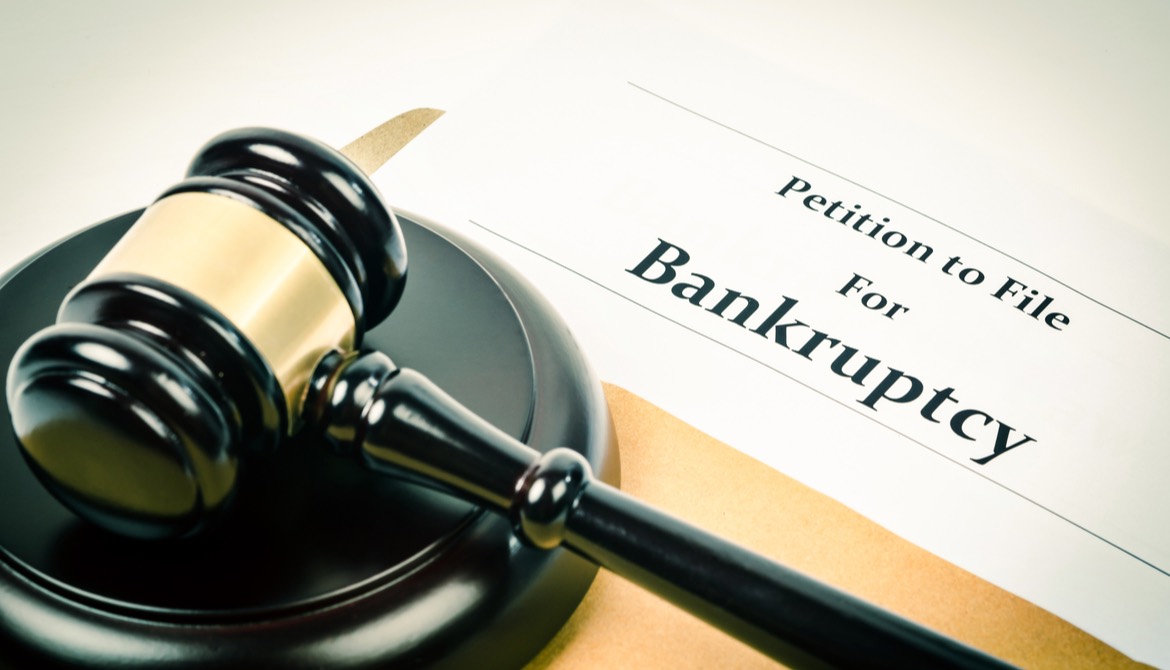3 minutes
These collections efforts are more intricate and costly than those done for normal delinquencies.
Sponsored by SWBC
In credit union lending, some unfortunate costs of doing business include delinquencies and reduced collections due to member bankruptcies. With about 750,000-800,000 people filing for bankruptcy every year in the U.S., your credit union needs a plan for how to deal with this inevitability.
When trying to collect from members who have filed for bankruptcy, it's important to remember that bankruptcy is a legal proceeding. Dealing with members in bankruptcy means your CU is subject to rules of the courts and can't make traditional collections calls or proceed in the same manner as when pursuing normal delinquencies.
If your CU doesn't employ an expert in the legal restrictions of bankruptcy proceedings (and often even if you do!), you may want to consider selling the loans of members in bankruptcy to a firm that knows how to navigate the court system and maximize recovery while minimizing costs and risk. Here are some of the benefits you could experience from selling these kinds of loans:
1. Control over the sale
When you select a vendor to purchase your bankrupt loans, your CU has control over all details of the sale. Your executives decide whether to:
- Sell your entire portfolio or just portions of it. For example, if you feel your CU has the knowledge to pursue auto loans in bankruptcy but not credit card balances, you can elect to sell only the card balances.
- Turn over all functions to your partner. If you wish, your CU can retain ownership of the debt but get help with the bankruptcy legal proceedings—and other functions your staff is not trained to handle.
2. Immediate cash
When your borrower declares bankruptcy, your CU lines up with other creditors to be paid. According to Louis Barna, managing partner of Tribute Capital Partners, Irving, Texas, SWBC's bankruptcy debt partner, 60 percent of bankruptcies result in discharge or alteration of debt. With a 60 percent chance that you'll recover little or none of your bankruptcy debts, selling them to a partner provides immediate cash that your CU can invest in the business, put toward expenses or use for revenue-producing activities.
3. Savings on legal costs
Since bankruptcy dealings are the costliest area in collections, your CU can realize significant savings on legal staff and costs by selling the debt of borrowers in bankruptcy. Given the substantial fees involved in hiring outside legal counsel, managing your own bankruptcy proceedings often won't make financial sense. In an example from our partner, a single credit union turned bankruptcy functions over to Tribute Capital Partners this year and cut its bankruptcy-related bills in half!
4. End of liability
If your CU sells a bankrupt loan to a vendor, that vendor takes on all liability for the loan and associated collateral, which means your institution can't be held responsible for loss or destruction. As an example, let's say your CU holds an auto loan for a debtor who just declared bankruptcy. If you sell the loan tomorrow and the vehicle is totaled the next day, that problem is fully owned by your vendor partner.
Unfortunately, sometimes the smartest course in life is to cut our losses. Dealing with debtors in bankruptcy often qualifies as one of those scenarios. Instead of throwing good money after bad by hiring attorneys to pursue recovery through bankruptcy legal proceedings, you may wish to consider selling your bankrupt loans to a specialist who can pay your CU cash now.
Connie Shoemaker is VP/operations for the financial institution group’s AutoPilot® services at SWBC, San Antonio, Texas. For additional tips for maximizing collections and mitigating risk, check out our ebook, The Recipe for Risk Management.






